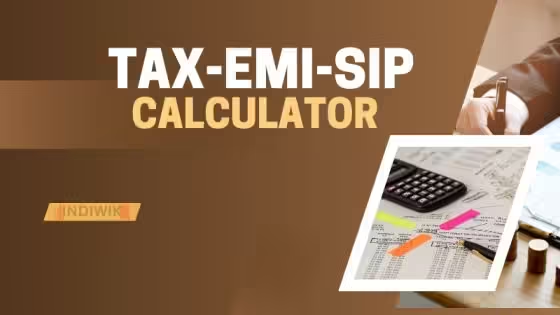
In a significant move aimed at curbing tax evasion, the Central Board of Direct Taxes (CBDT) has turned its focus on unaccounted income being funneled into virtual digital assets, particularly cryptocurrency. This step highlights the growing concern over how emerging technologies are being utilized by high-risk individuals and entities.
The CBDT is scrutinizing individuals who engage in transactions involving virtual digital assets (VDAs) but have neglected their obligations under the Income-tax Act, 1961. This investigation reflects a broader effort not just to collect taxes but to enforce compliance among traders who might think they can operate outside the law.
According to sources, several individuals and entities involved in the VDA sector have been flagged for verification. These are the ones that not only fail to file the necessary schedules in their Income Tax Returns (ITRs) but also engage in practices that violate tax regulations.
As of the Finance Act, 2022, a flat tax rate of 30 percent—along with relevant surcharges and cess—applies to income generated from the transfer of VDAs. Notably, there are severe restrictions in place. For instance, the act does not permit any deductions except for the original cost of acquisition, which could further complicate the financial landscape for those trading in VDAs.
Moreover, any losses from VDA investments cannot be offset against other income. This means that traders cannot carry forward their losses into subsequent tax years, which is a common practice in other forms of investment. As a result, it becomes even more crucial for VDA participants to adhere strictly to tax regulations.
Data analytics tools being employed by the CBDT have revealed alarming discrepancies. Many individuals appear to have bypassed the Income Tax Act by not filing Schedule VDA of their ITRs. Some have even tried to evade taxes by classifying their income at lower rates or claiming cost indexation incorrectly.
To keep a check on this situation, the CBDT is not just relying on audits but is also comparing ITRs filed by taxpayers with the Tax Deducted at Source (TDS) returns submitted by Virtual Asset Service Providers (VASPs), commonly known as crypto exchanges. Those flagged as defaulters may soon be subjected to thorough scrutiny, which means they should brace themselves for an up-close investigation into their financial activities.
The CBDT has already initiated a proactive approach by sending out emails to thousands of taxpayers, urging them to take a close look at their ITRs. They are particularly encouraging users to declare any undeclared income from their VDA transactions, highlighting the need for transparency in this emerging financial sector.
This initiative is part of the CBDT’s new strategy called NUDGE, which stands for Non-intrusive Usage of Data to Guide and Enable Taxpayers. The NUDGE campaign represents a shift in how tax authorities interact with taxpayers, focusing on education and guidance rather than pure enforcement.
This is the third NUDGE campaign launched by the CBDT in the last six months, with previous efforts targeting the declaration of foreign assets and the elimination of fraudulent claims under section 80GGC. Such campaigns indicate a comprehensive effort by the ministry to align taxpayer behaviors with legal obligations.
In summary, the CBDT’s focus on the virtual digital assets realm marks a pivotal moment for cryptocurrency regulatory frameworks in India. Vigilance is crucial, as the potential for tax evasion in this field remains considerable. With rising interest in VDAs broadly, including Bitcoin and other cryptocurrencies, the implications for compliance are huge.
As the regulatory landscape continues to evolve, it is clear that taxpayers involved with virtual digital assets need to keep their records accurate and their filings timely. This proactive approach by the CBDT is just the beginning, as they gear up to tackle any undeclared income head-on.
Individuals engaged in cryptocurrency investments must remain vigilant and informed to avoid falling into the crosshairs of tax authorities in this rapidly changing financial environment. As the CBDT continues its campaign, one thing is certain: compliance will pay off for those navigating the complex world of virtual digital assets.










